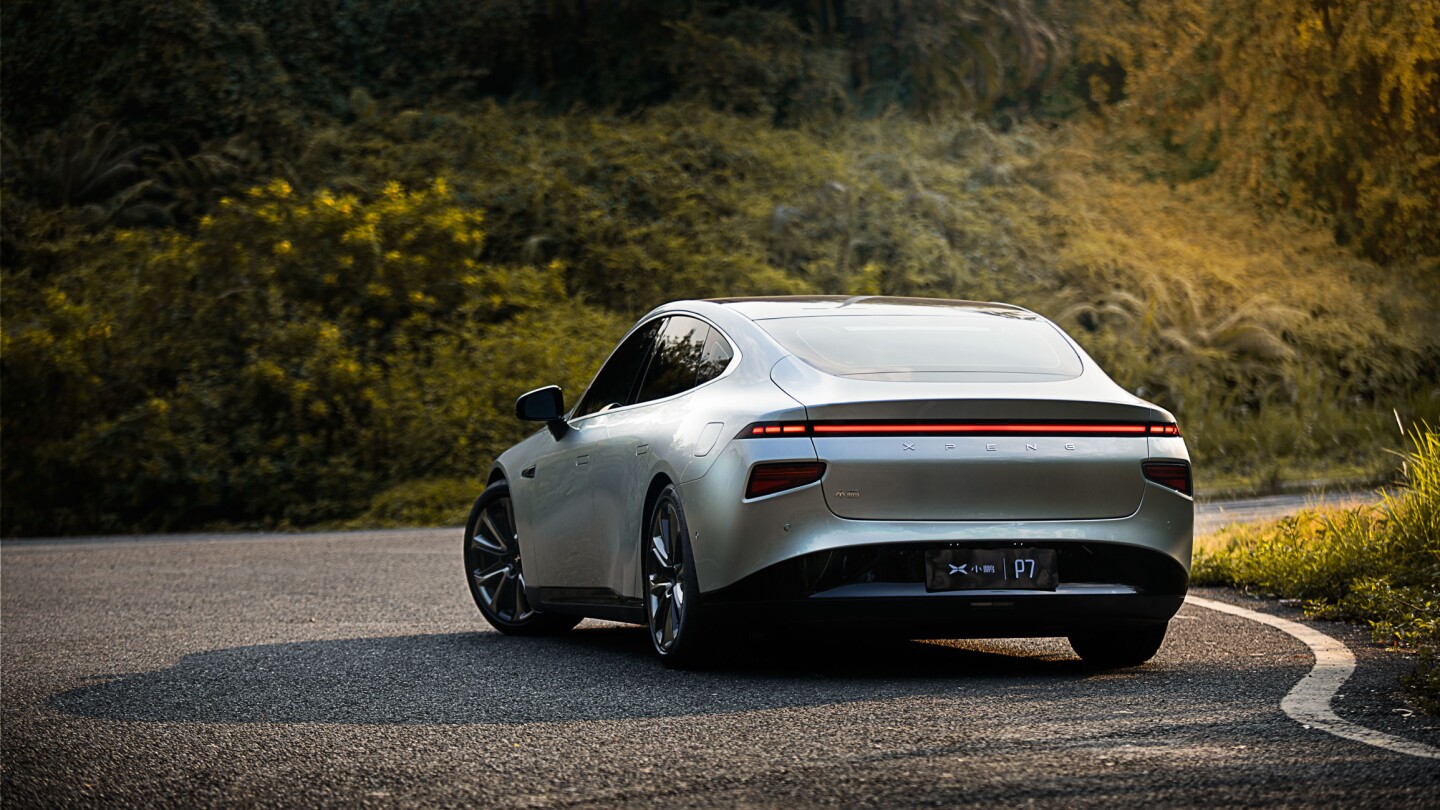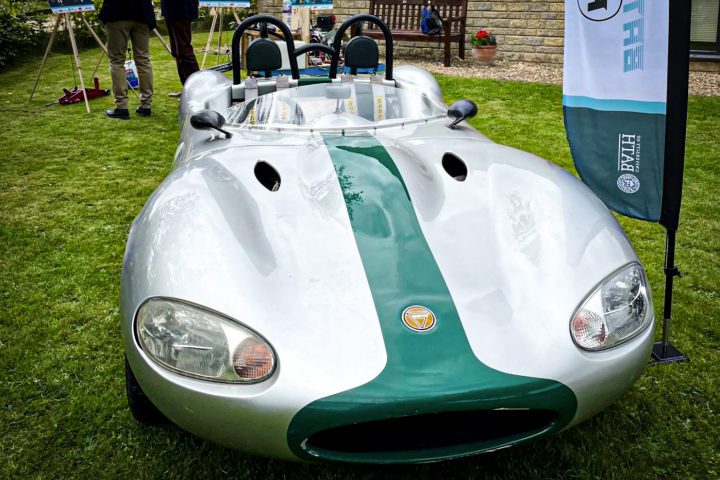Chinese EV manufacturer Xpeng has fired shots across the Pacific, releasing a high-performance sporty electric sedan that undercuts Tesla's Model 3 on price and beats it on maximum range, going up to 706 km (439 miles) on the NEDC test cycle.
The Xpeng P7 is a nice, vaguely dolphiny-looking thing dominated by smooth surfaces and gentle curves. It comes in several models, the cheapest being a RWD long-range model offering 568 km (353 miles) and starting around US$32,000. The middle option is the super-long range RWD with its 706-km (439 mile) range and a price tag starting around US$36,000, and the most expensive is an AWD performance variant offering a 4.3-second 0-100 km/h (0-62 mph) sprint time. The latter starts around US$48,000 and has no range listed at this stage.
The only battery size listed is an 80.9 kWh "slim-profile prismatic" pack, 11 cm (4.3 inches) high and with an energy density around 170 Wh/kg. According to Xpeng, a 10-minute fast charge can deliver 120 km of range.
The P7 is built on a chassis co-developed with Porsche, and uses Brembo brakes and Bosch ABS and regen braking electronics. It's also fully wired for level 3 self driving, with 14 cameras covering 360 degrees around the car, as well as 12 ultrasonic sensors and five millimeter-wave radars with 200-meter (650-ft) detection capabilities through rain, fog or haze.

All this streaming information from around the car is processed through Nvidia's new Drive AGX Xavier self-driving computers – the P7 is the first car to use it. Capable of performing 30 trillion operations per second while consuming just 30 watts of power, it's Nvidia's answer to Tesla's Full Self Driving boards. It'll be interesting to see how close the Nvidia hardware comes to the Tesla system, particularly since Elon Musk predicted it'd take any other company until 2022 to build something to equal the current Tesla gear.
Xpeng has been developing its own XPILOT autonomous driving software, and the P7 will run both the 2.0 and 3.0 versions simultaneously as a way of adding redundancy. This will include adaptive cruise, lane-keeping even in tight curves, navigation-guided autopilot on the highway, traffic light recognition assistance and self parking. The company is targeting 2022 for urban autonomous driving with an XPILOT 4.0 release, according to Cleantechnica.

Interior-wise, things look nice, with Nappa leather seats an option and mood lighting throughout. The touchscreens are large without being overwhelming, there's voice functionality and a meaty 600-watt Dynaudio stereo. The roof is a panoramic glass job, the doors are frameless, and the front console is kept fairly low so you get more of a view.
It's a tight-looking package, and it's available immediately in China, making it probably the country's most ambitious and fully-featured EV to date, with the longest range. Certainly a company to watch. Check out a short video below.
Source: Xpeng

















